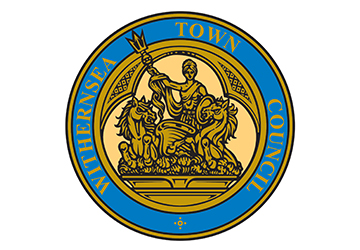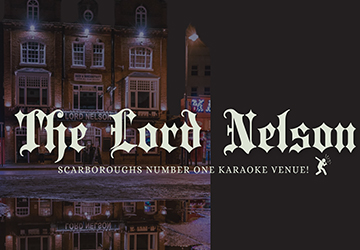1 in 11 adults in Hull both work and claim Universal Credit, latest figures show.
In 2013 Universal Credit was introduced as the catch-all benefit, replacing Housing Benefit, Income-related Employment and Support Allowance (ESA), Income-based Jobseeker’s Allowance (JSA), Child Tax Credit, Working Tax Credit, and Income Support. Government figures show that as of October 2024, more than 7.1 million people were in receipt of Universal Credit.
Of those claimants, around 2.7m (37%) were also in paid employment but still had to rely on Universal Credit to try to make ends meet. This means that nationally around 6%, or one in 16 people need the extra support of Universal Credit despite being in employment.
In Hull the figure is above the national average as around one in eleven people in the city claim Universal Credit whilst being employed.
Research carried out by Trussell and the Joseph Roundtree Foundation (JRF) claim that the standard rate of Universal Credit (UC) falls short of the weekly amount needed to pay for food, utility bills, clothing, travel, phone and internet use, and other basic costs.
Trussell and JRF have argued that an increase is needed in the rate of Universal Credit so that people can pay for basic essentials. They have suggested that a single person needs £120 a week whilst couples require £200 a week. This is a considerable increase on the current rates in which a single person gets around £72 a week whilst couples get £113 a week.
JRF senior policy adviser Iain Porter said: “Many people receiving Universal Credit are working but employment doesn’t protect them from going without essentials like food, heating and vital household bills. Around two-thirds of working-age adults in poverty are in a working household.
“The basic rate of Universal Credit is not set according to any independent calculation of the cost of essentials and is currently just £91 a week. This is already inadequate to meet people’s needs but it is sometimes reduced further, such as to repay debts to the DWP.
“The Government should embed an Essentials Guarantee into Universal Credit to ensure everyone has a protected minimum amount of support to afford life’s essentials. This would make sure the basic rate of Universal Credit at least covers the cost of essentials and that reductions to benefit payments, including from debt repayments and the benefit cap, can never pull support below that level.”
The call for change comes as the Department for Work and Pensions (DWP) aims to move all people on older legacy benefits onto UC by March 2026.
The DWP claims 55% of people will be better off on UC, 35% will have a lower entitlement, and the rest will see no change.
Hardship charity Turn2us is also backing calls for an Essentials Guarantee.
Shelley Hopkinson, Head of Policy and Influencing at hardship charity Turn2us, added: “Universal Credit is intended to top up the incomes of those in low-paid work, but the reality is it falls far short of ensuring people can afford life’s essentials.
“At Turn2Us, we regularly hear from people skipping meals, going without heating, or struggling to stay afloat despite working. That’s why we support the Essentials Guarantee, a commitment to ensuring Universal Credit provides enough for basic needs, so no one working or accessing benefits is left in poverty.”
By: Andrew Spence, LDRS




























































